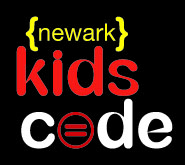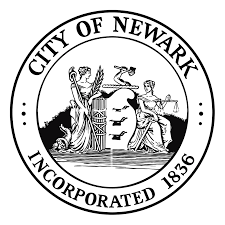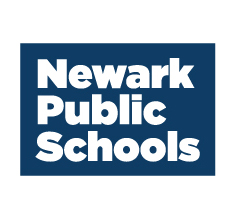 Sign The Petition
Sign The Petition
How accessible is computer science in Newark? Are people talking about coding?
Very few schools in Newark have computer science as a part of the curriculum in a meaningful way; this is especially true at the elementary-school level. That is partly because too few teachers have computer science or programming backgrounds. Despite national efforts like Hour of Code or the proliferation of coding camps that are popping up around the country, coding has not taken root in Newark as of yet. Through strategic partnerships and community outreach, Newark Kids Code seeks to create a city-wide coalition to create a culture that encourages and supports kids learning to code at an early age.
What was your knowledge of programming when you first encountered Professor Resnick’s TED Talk?
I had very limited interaction with computer science and programming, other than a Cobol class I had taken in college many years ago. But short documentaries like “What Most Schools Don’t Teach,” and reading books like “Stuck in the Shallow End: Education, Race, and Computing” increased my awareness about the importance of introducing coding to all of our children, particularly those living under challenging conditions, as soon as possible.
What drew you to the Scratch programming language?
Scratch is universal, widely used, and part of a robust online community of users world-wide. But most importantly, it is free — which makes it accessible to poor school districts with limited financial resources. Additionally, because it is web-based, virtual collaborations and exchanges around the world are as easy as launching Skype or another software collaboration platform.
Why do you think Scratch resonates with young people?
Although Scratch is a full-fledged programming language, it has an interface that looks fun and inviting; one that lures students in. When kids learn how to import sounds, music, and other colorful and exciting objects, they are off to the races! As the actual programming language becomes more challenging, the kids are hooked, and have already been empowered with a growing skill-set and “tool chest” of blocks that become an extension of their mind, allowing them to create what they have never created before. Many adults take the process of creation for granted; but for a child, this process opens up a whole new world of exciting possibilities.
What have you learned from establishing Newark Kids Code?
It is true that you don’t know what you don’t know; and this was true for many of the parents that enrolled their kids in Newark Kids Code. And what many parents didn’t know was that coding — a language many of them knew very little about — could open the door to an exciting vista of opportunities for their children, and themselves as well.
Ms. Celestine Swain, a parent of two participants in the program, recently asked the program instructor how she could sign up for programming classes at the New Jersey Institute of Technology, a Newark Kids Code partner. I believe that most of us, if given the opportunity, want to invest in self-development. Our responsibility as leaders, policymakers, and the keepers of resources, is to make the opportunities available to the Ms. Swains of the world.
What do you hope participants gain from Newark Kids Code?
As Professor Resnick has said on many occasions, and what I have seen with my own eyes, is that coding teaches problem-solving, critical thinking, and collaboration skills that should be an essential part of a child’s social and intellectual development. These skills are important prerequisites for the knowledge work that has and will continue to define the workplace for the foreseeable future. Not having these important skills, which can be developed through coding, will assign hundreds of thousands, if not millions of disadvantaged kids to a permanent underclass; unable to secure the most basic work. It is not only an economic necessity to equip our kids with 21st century technology skills; it’s a moral imperative.
Can you share your future plans or vision for Newark Kids Code?
Our vision is to create a city, and then county-wide movement to introduce all children ages five and older to coding. We want to build a grass roots movement to create a culture that says our children, given the opportunity, can compete with their counterparts around the world. We are entering into talks with the Newark Public School system to expand Newark Kids Code to additional schools throughout the district. In three years, I would like to see that half the schools in Newark are members of the Newark Kids Code family.



